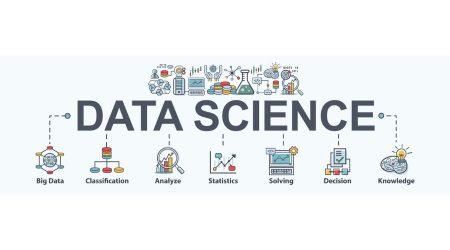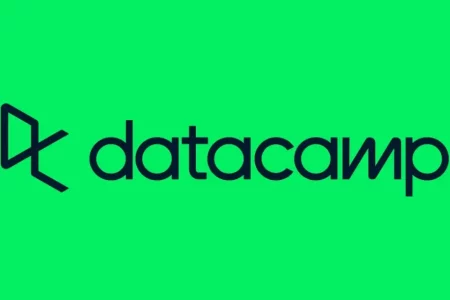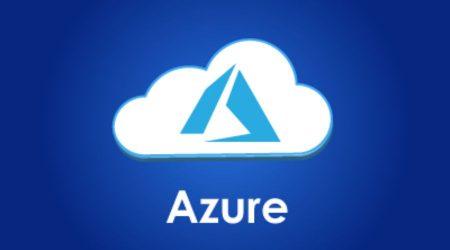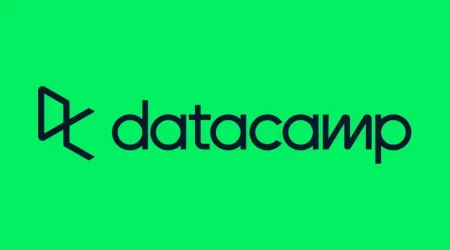As businesses around the world continue to generate massive amounts of data, the need for professionals who can extract insights from this data has increased dramatically. Amazon Web Services (AWS) is one of the most popular cloud platforms for data storage, processing, and analysis. DataCamp, a leading online learning platform, offers a range of AWS courses that can help individuals and organizations build their skills in this area. DataCamp offers a range of AWS free courses, covering different aspects of cloud computing and data analysis. These courses are designed for individuals and teams who want to learn how to use AWS tools and services to store, manage, and analyze data in the cloud.
Popular AWS courses include:
AWS Fundamentals for Data Professionals: This course provides an introduction to AWS services and how they can be used for data storage, processing, and analysis. It covers topics such as AWS architecture, storage options, security, and data analysis using services like Amazon S3, Amazon Redshift, and Amazon EMR.
Data Engineering on AWS: This course focuses on the skills and tools needed to build data pipelines on AWS. It covers topics such as AWS Lambda, AWS Glue, AWS Kinesis, and AWS Data Pipeline, and provides hands-on experience in building and deploying data pipelines.
AWS Machine Learning: This course covers the fundamentals of machine learning on AWS, including key concepts such as supervised and unsupervised learning, feature engineering, and model evaluation. It also provides hands-on experience in using AWS services such as Amazon SageMaker, Amazon Rekognition, and Amazon Comprehend.
Key features of AWS Courses on DataCamp

The demand for skilled professionals in the field of cloud computing has significantly increased over the years. One of the popular cloud computing platforms is Amazon Web Services (AWS), which is widely used by organizations for various applications. To meet the growing need for AWS professionals, DataCamp offers a range of AWS courses that provide hands-on training and certification to individuals.
Comprehensive curriculum
DataCamp’s AWS courses cover a wide range of topics that are necessary for professionals to become proficient in AWS. The courses include AWS services such as EC2, S3, RDS, IAM, Lambda, and CloudFormation. The curriculum is designed to help individuals understand the fundamentals of AWS and build proficiency in designing, deploying, and managing cloud-based solutions.
Hands-on training
DataCamp’s AWS courses provide hands-on training to individuals. The courses have interactive exercises that allow individuals to work with AWS services and practice deploying and managing applications in the cloud. This approach helps individuals to gain practical experience and apply their knowledge to real-world situations.
Industry-relevant projects
DataCamp’s AWS courses provide industry-relevant projects that help individuals to gain practical experience. The projects are designed to simulate real-world scenarios and require individuals to design, develop, and deploy applications in the cloud. This approach helps individuals to build a portfolio of work that can be showcased to potential employers.
Certification

DataCamp’s AWS courses provide certification to individuals who complete the courses. The certification is recognized by industry leaders and can help individuals to advance their careers in the field of cloud computing. The certification is an added advantage for individuals who are looking to enhance their skills and increase their job opportunities.
Flexibility
DataCamp’s AWS courses are flexible and can be accessed from anywhere at any time. The courses are self-paced, allowing individuals to learn at their own pace. The courses are also available on multiple devices such as desktops, laptops, tablets, and smartphones. This feature makes it convenient for individuals to learn and practice AWS services from anywhere.
Expert instructors
DataCamp’s AWS courses are taught by expert instructors who have extensive experience in AWS. The instructors provide guidance and support to individuals throughout the courses. They are available to answer questions and provide feedback to individuals to help them improve their skills.
Affordable
DataCamp’s AWS courses are affordable compared to other AWS courses available in the market. The courses are priced reasonably, making it accessible to individuals who are on a budget. This feature makes it easier for individuals to learn AWS services without breaking the bank.
Conclusion
The AWS courses on DataCamp provide a valuable opportunity for individuals and organizations to build their skills in cloud computing and data analysis. With comprehensive coverage of AWS services, hands-on experience, and relevance to different industries, these courses offer a range of benefits for learners. For more information, visit Findwyse.










